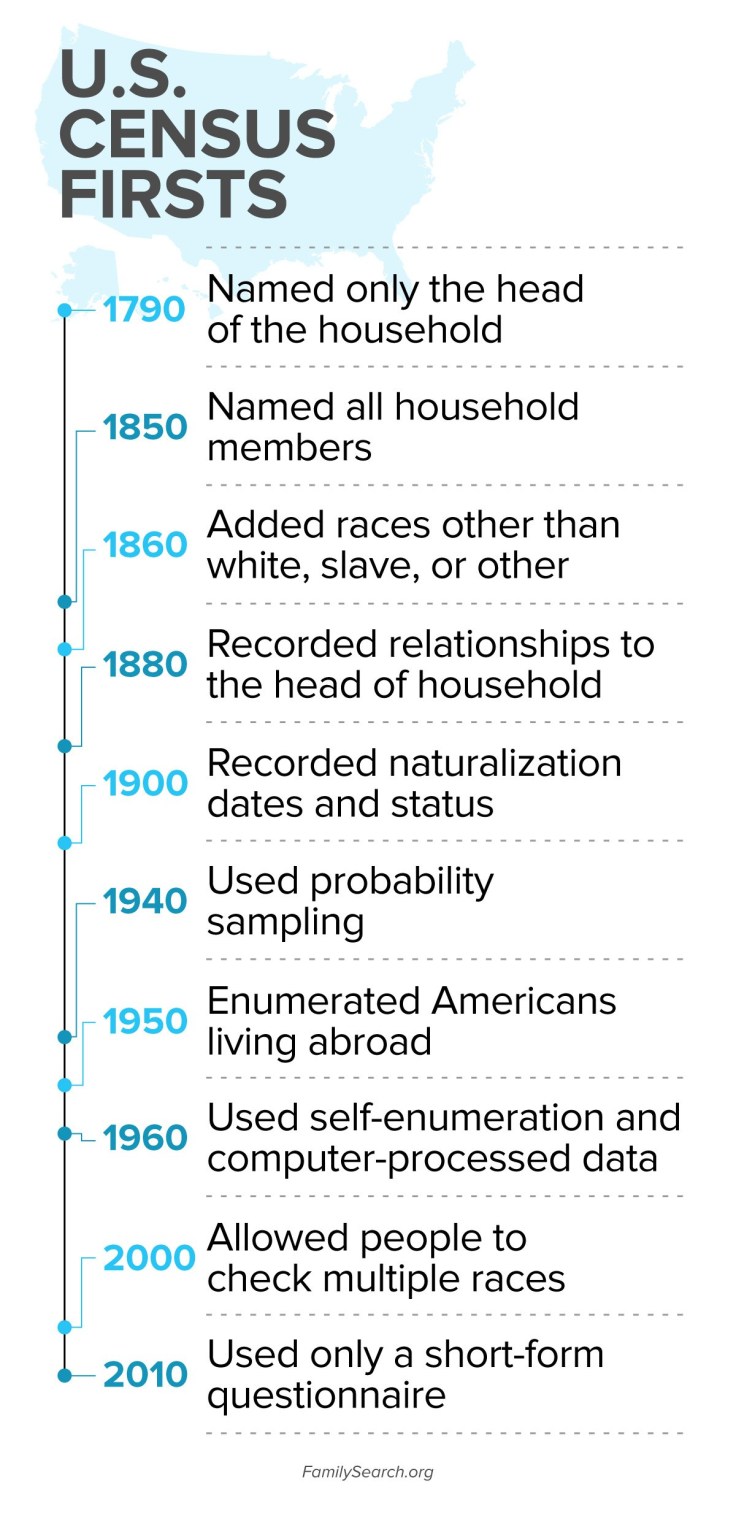 |
St. John the Baptish Parish Louisiana |
 |

Ancestry.com has the 1850 & 1860 US Federal Census - Slave schedules for Louisiana
The database details those persons enumerated in the Slave Schedule of the 1850 & 1860 United States Federal Census. In addition, the names of those listed on the slave schedule are linked to the actual images of the 1860 Federal Census, copied from the National Archives and Records Administration microfilm, M653, 1438 rolls. (If you do not initially find the name on the page that you are linked to, try a few pages forward or backward, as sometimes different pages had the same page number.) Slaves were enumerated separately during the 1860 census, though most schedules do not provide personal names. In most cases, individuals were not named but were simply numbered and can be distinguished only by age, sex, and color; the names of owners are recorded. However, some enumerators listed the given names of slaves, particularly those over one hundred years of age. These names are generally found in the "name of slave owners" column. Other questions asked include whether a fugitive from the state (meaning if the slave had fled and not returned); number manumitted (or freed); whether deaf and dumb, blind, insane, or idiotic; and number of slave houses. Sometimes the listings for large slaveholdings appear to take the form of family groupings, but in most cases, slaves are listed from eldest to youngest with no apparent effort to portray family structure. In any event, the slave schedules themselves almost never provide conclusive evidence for the presence of a specific slave in the household or plantation of a particular slaveholder. At best, a census slave schedule can provide supporting evidence for a hypothesis derived from other sources. The slave schedule is especially useful for researchers who are seeking information about their slaveholding ancestors. This is because of the specific information it provides about their holdings and other information you can draw from it. For example, the number of slaves enumerated under an owner could help you determine if he had a plantation or not, and if so, what size it was.
